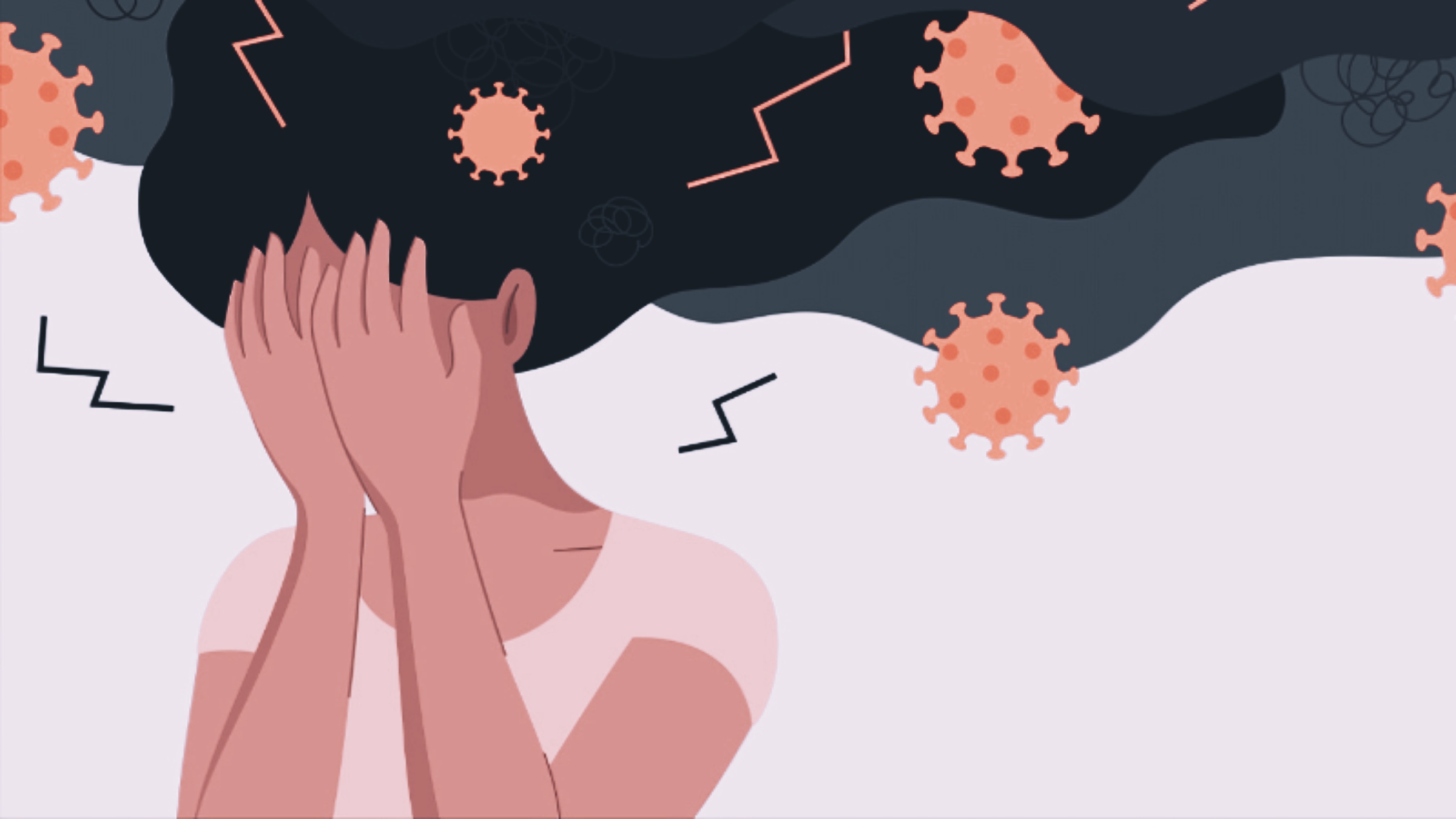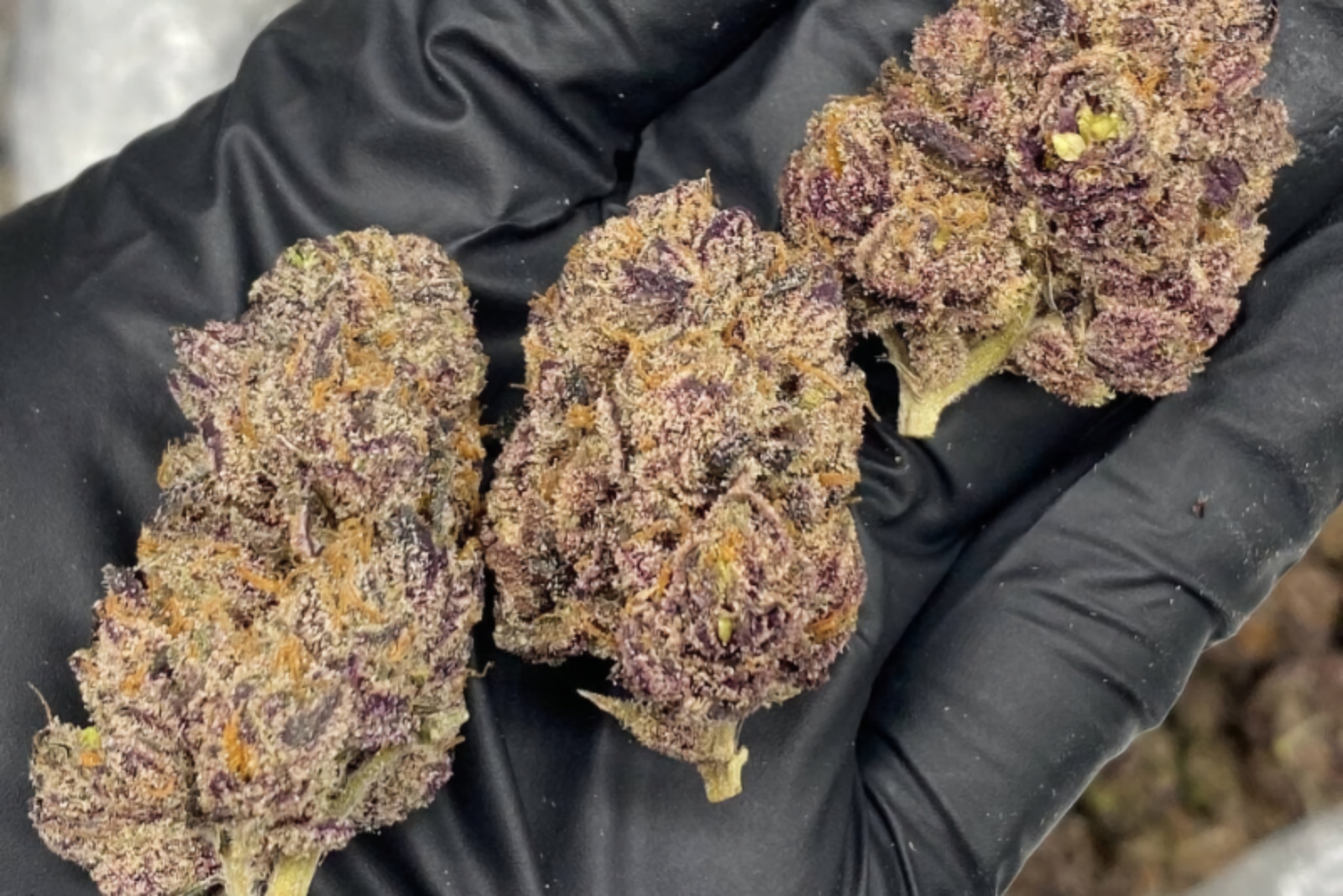
Recent research has uncovered the potential of THC, the primary psychoactive component in cannabis, to reverse signs of brain aging in mice. This groundbreaking discovery offers hope for developing new treatments to maintain cognitive function and brain health as humans age.
The study, conducted by a team of scientists from Germany and Israel, expands on previous research into the endocannabinoid system and the cannabinoid receptor type-1 (CB1) in the brain. These systems are known to be linked to age-related cognitive decline, a process that this study suggests might be slowed or even reversed by THC.
The research focused on two groups of mice: one consisting of young mice around four months old, and the other of older mice around 18 months old. Both groups were administered a daily low dose of THC for 28 days, and their results were compared with age-matched control groups.
The THC-treated mice exhibited increased activity in the mTOR protein, a crucial component in cell metabolism regulation and overall brain function. This boost in mTOR activity led to the production of proteins necessary for forming new synapses between neurons, which are vital for nearly all brain functions. Interestingly, mTOR activity in the fat tissue of the mice decreased, mimicking the effects of a calorie-restricted diet, which is associated with slowing biological aging.
Molecular biologist Andras Bilkei-Gorzo from the University of Bonn in Germany noted, “We concluded that long-term THC treatment initially has a cognition-enhancing effect by increasing energy and synaptic protein production in the brain, followed by an anti-aging effect by decreasing mTOR activity and metabolic processes in the periphery.”
These findings suggest that THC could play a crucial role in protecting brain health as we age, potentially delaying the onset of cognitive disorders like dementia. However, the study’s results are preliminary and have yet to be confirmed in human trials.
As research continues, this dual effect of THC on mTOR activity and the metabolome could pave the way for developing effective anti-aging and cognition-enhancing therapies. The study has been published in *ACS Pharmacology & Translational Science*.
Read the whole study here.
Post Views: 3







